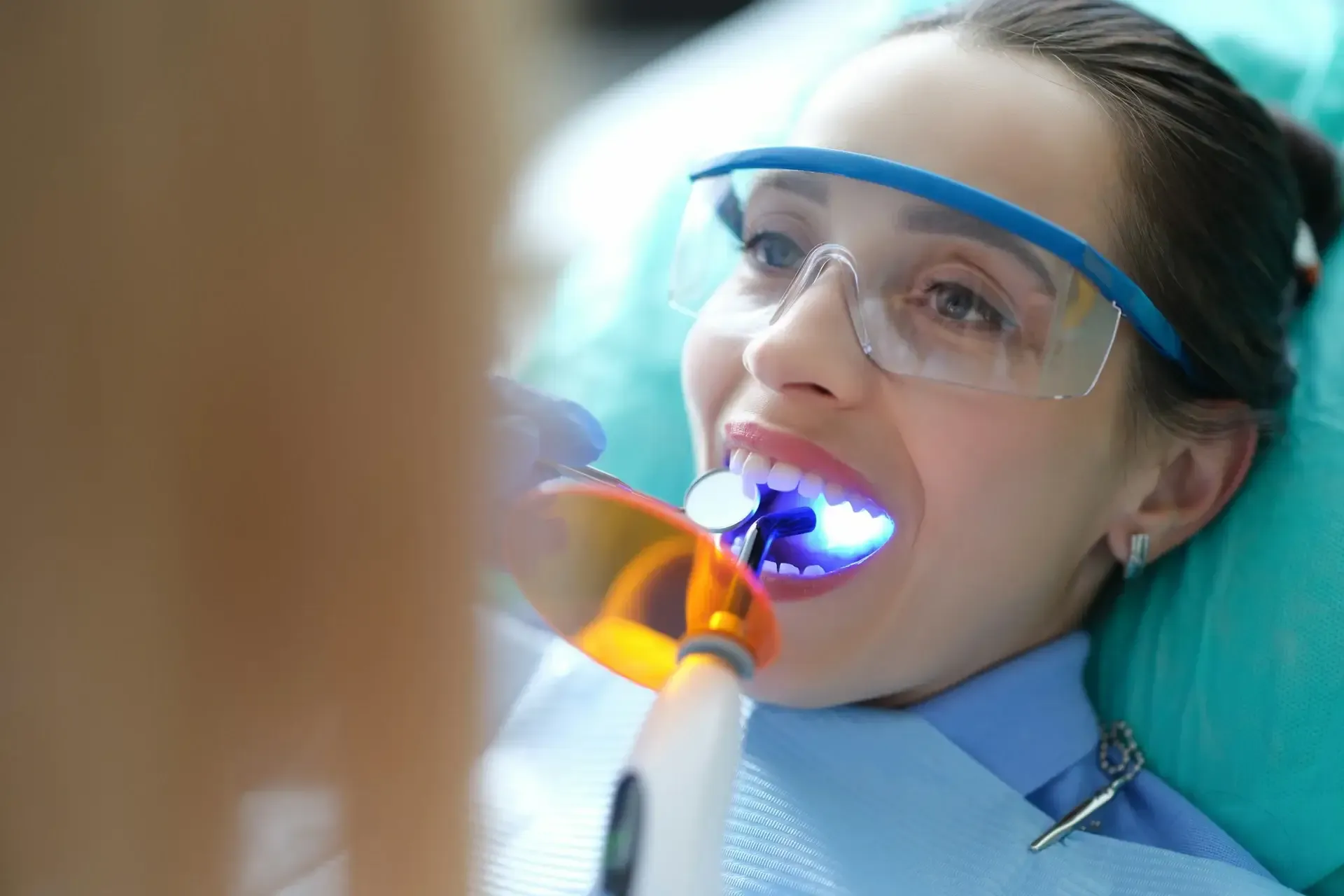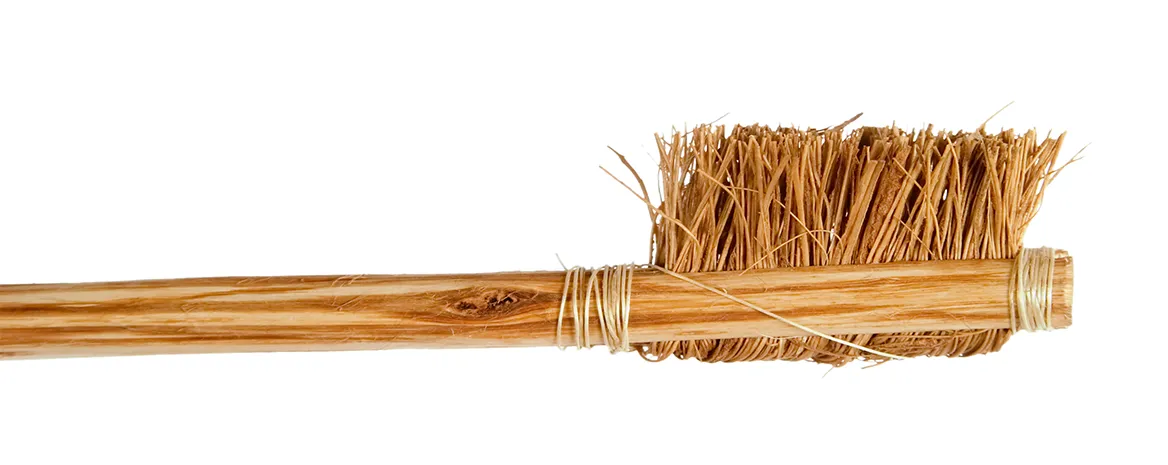How Much Does Dental Bonding Cost? Compare Global Prices & Find Affordable Options

Dental bonding is a quick, budget-friendly solution for repairing chipped, cracked, or discolored teeth, making it a popular choice for many. But how much does dental bonding cost, and where can you get it done at the best price?
If you’re searching for answers, you’re in the right place. We’ll break down the costs of dental bonding across different countries, the factors that influence the price, and where you can get top-quality treatment without overspending. Let’s take a closer look!.
What is dental bonding?
Dental bonding consists of applying a resin material that matches the color of the teeth. This resin is hardened with a special light that "bonds" it to the tooth, restoring its natural appearance.
It's a go-to treatment for:
-
Cracked or chipped teeth
-
Gaps between teeth
-
Tooth discoloration
-
Reshaping or lengthening teeth
The procedure is minimally invasive, takes 30–60 minutes per tooth, and doesn’t usually require anesthesia.
Dental bonding costs: Global comparison
Dental bonding costs can vary a lot depending on where you are. In places like the United States and the United Kingdom, the cost tends to be higher because of advanced technology and the cost of living. But if you're looking for more affordable options, countries like India, Mexico, and Thailand offer excellent dental care at lower prices.
Here’s a quick comparison of dental bonding costs in different countries:
| Country | Average cost per tooth (USD) |
|---|---|
| United States | $300 – $920 |
| Canada | $250 – $600 |
| United Kingdom | $200 – $570 |
| Australia | $250 – $750 |
| India | $40 – $200 |
| Mexico | $220 – $450 |
| Thailand | $50 – $380 |
| Turkey | $85 – $300 |
| Costa Rica | $70 – $150 |
As you can see, dental bonding in Western countries is significantly pricier than in Asia or Eastern Europe.
Full mouth teeth bonding costs
The overall price for full mouth dental bonding will depend on how many teeth need to be treated and where the procedure is performed. Typically, full mouth bonding can cost between $1,200 and $8,000 worldwide. If you're getting treatment in countries like Mexico, Thailand, or Turkey, the cost can be much lower, sometimes significantly cheaper than in the United States or the UK, where the cost can go over $10,000.
How much does dental bonding cost with insurance?
If you have dental insurance, you may pay less for dental bonding, as many insurance plans cover a portion of the cost, particularly for bonding done for restorative purposes. Depending on your insurance, the price after coverage can range from $20 to $200 per tooth.
Keep in mind, however, that some plans may only cover bonding for repairs, such as fixing a chipped or cracked tooth, rather than purely cosmetic procedures.
How much does dental bonding cost without insurance?
Without insurance, dental bonding usually costs anywhere from $40 to $600 per tooth, depending on the country. Countries like India, Mexico, and Thailand tend to offer much lower prices compared to Western nations like the United States and the United Kingdom.
QCG partners with leading clinics and dentists to make sure our clients get premium care and smooth travel logistics. Feel free to connect with us to explore our affordable dental packages!
Why do the prices of dental bonding vary so much?
There’s no one-size-fits-all answer. But yes, a few big factors drive the price differences.
1. Geographic location
Costs are higher in countries with a higher cost of living. For example, a dentist in New York City has to pay more rent and salaries than one in Manila.
2. Dentist's experience & reputation
Highly experienced or cosmetic dentists often charge more. That said, it might be worth it for better aesthetic results.
3. Clinic type (Private vs. public)
Public clinics (where available) may offer lower rates or even insurance coverage. Private clinics generally charge more but offer quicker access and modern equipment.
4. Material quality
Composite resin comes in different grades. Higher-quality resins offer better aesthetics and last longer, but they also cost more.
5. Number of teeth treated
More teeth = more money. Some clinics may offer discounts if you’re treating multiple teeth.
Most affordable places for dental bonding
Looking for a good deal without compromising quality? These countries are known for affordable yet reliable dental care. And yes, you can plan a vacation around your smile makeover too!
India
India is known for having some of the most affordable dental bonding prices globally, with costs ranging from $40 to $200 per tooth. It's no surprise that many people choose to travel here for dental treatments.
You’ll find highly skilled dentists, many trained internationally, especially in cities like Mumbai, Delhi, and Bangalore. Clinics are well-equipped and patient-focused.
Mexico
Mexico is a top choice for American and Canadian patients. With costs between $220–$450 per tooth, it’s affordable and geographically convenient.
Tijuana, Cancun, and Los Algodones (also known as "Molar City") are hotspots for dental work. Clinics here are modern, and many cater exclusively to international patients.
Thailand
Thailand combines dental care with luxury. Bonding costs $50–$380 per tooth, but the facilities are top-notch, often resembling spas.
Popular cities include Bangkok, Chiang Mai, and Phuket. Many clinics offer concierge services, making the entire experience stress-free.
Turkey
Turkey is emerging as a favorite for European medical tourists. Dental bonding here costs around $80–$300 per tooth.
Istanbul and Antalya are known for skilled cosmetic dentists and beautiful travel experiences. Turkish clinics often bundle procedures into affordable packages that include hotel stays and local transfers.
At QCG, we work with top-tier dental clinics that offer world-class care. Reach out to us for package deals that include treatment, accommodation, and local support.
Is it safe to get dental bonding abroad?
In most cases—yes. But do your research. Check for:
-
Accreditation (e.g., JCI, ISO)
-
Dentist qualifications
-
Online reviews and testimonials
-
Before & after photos
Many clinics abroad even offer warranties for their work. When you work with QCG, we help you verify clinic credentials and ensure you're getting treatment at a trusted facility.
Dental bonding vs. other cosmetic procedures: What’s the price difference?
If you’re weighing your options to improve your teeth, it helps to know how dental bonding compares cost-wise to other popular treatments like veneers, crowns, and fillings. Let’s break it down:
Bonding vs. veneers
Dental bonding is often the go-to for small chips, gaps, or discoloration—without the high cost. In the U.S., bonding costs around $300–$900 per tooth, while porcelain veneers can cost a steep $1300–$2,500 per tooth.
But if you head to countries like Mexico or Thailand, you can get bonding done for as low as $70–$300 per tooth, while veneers in the same places may cost $300–$800. So, for many people, bonding offers a solid fix at a fraction of the cost.
Bonding vs. crowns
Crowns are used when a tooth is more damaged or needs full coverage. In the U.S., a crown can cost between $1,000–$3,000 per tooth. That’s nearly 2–3 times more than dental bonding.
In places like India or the Philippines, dental crowns typically range from $200–$500, and bonding may cost just $40–$200, making both options far more affordable abroad.
Bonding vs. fillings
Standard fillings are mostly used for cavities, not cosmetic touch-ups. Amalgam (silver) fillings cost $100–$350, and tooth-colored composite fillings go for $300–$600 in the U.S.
Bonding uses similar materials to composite fillings but is applied more artistically for reshaping teeth. It’s expensive in the U.S. or U.K., but in countries like Turkey or Hungary, cosmetic bonding might only cost $60–$300—still very wallet-friendly compared to Western prices.
Benefits and limitations of teeth bonding
Dental bonding has several benefits. It's quick, affordable, and usually doesn't cause much pain. It also helps keep more of your natural teeth intact and can reduce tooth sensitivity. Plus, dental bonding provides high-quality esthetic restoration while being minimally invasive.
But it's not perfect. Bonded teeth may chip under direct pressure since the material isn't as strong as crowns or veneers. They're also prone to staining from coffee, tea, red wine, and other colored foods.
Additionally, research indicates that the dentin-adhesive interface is susceptible to hydrolytic degradation and bacterial attack, which can affect the longevity of the restoration.
How long does dental bonding last?
Typically, bonding lasts 3–10 years. But your lifestyle can affect it’s durability and longevity. Here are some easy aftercare tips that can help you preserve it for longer:
-
Avoid coffee, tea, wine, or smoking for 48 hours to prevent staining.
-
Don’t bite into hard foods or chew on pens, ice, or nails.
-
Brush and floss daily, like you do with your natural teeth.
-
Visit your dentist for checkups and touch-ups as needed.
Bonded teeth are durable, but they’re not invincible. Good care = longer-lasting results
Is dental bonding worth it?
If you’re on a budget and want quick cosmetic fixes, dental bonding is absolutely safe, effective, and widely available. It’s less expensive than veneers or crowns, more cosmetic than fillings, and a smart option if you want quick, visible results without spending a fortune.
And if you’re willing to travel, you can save hundreds (even thousands) without compromising on quality. QCG specializes in making this journey seamless—from matching you with the right clinic to coordinating travel and aftercare. Interested in getting dental bonding done abroad? Contact us today for a personalized consultation.

